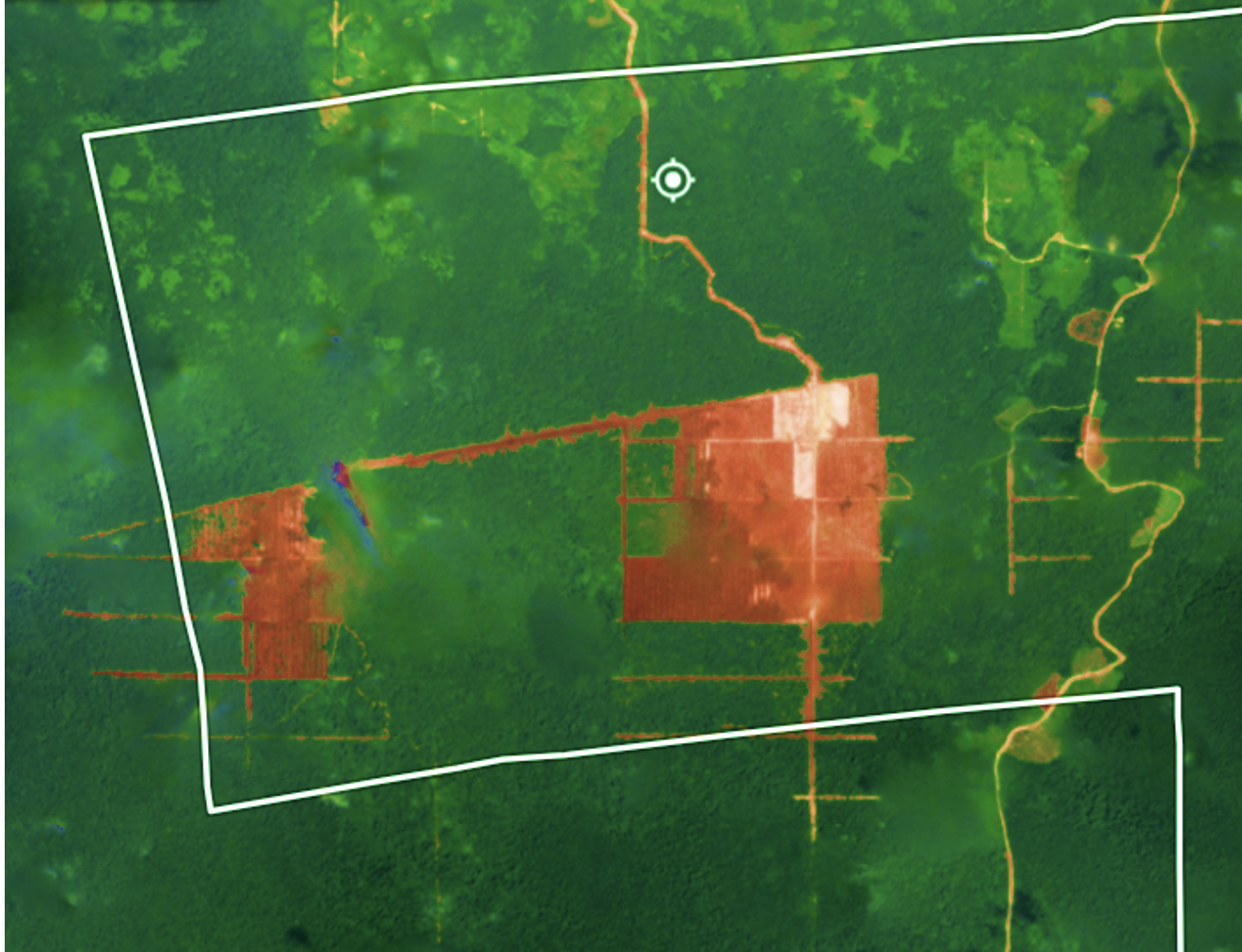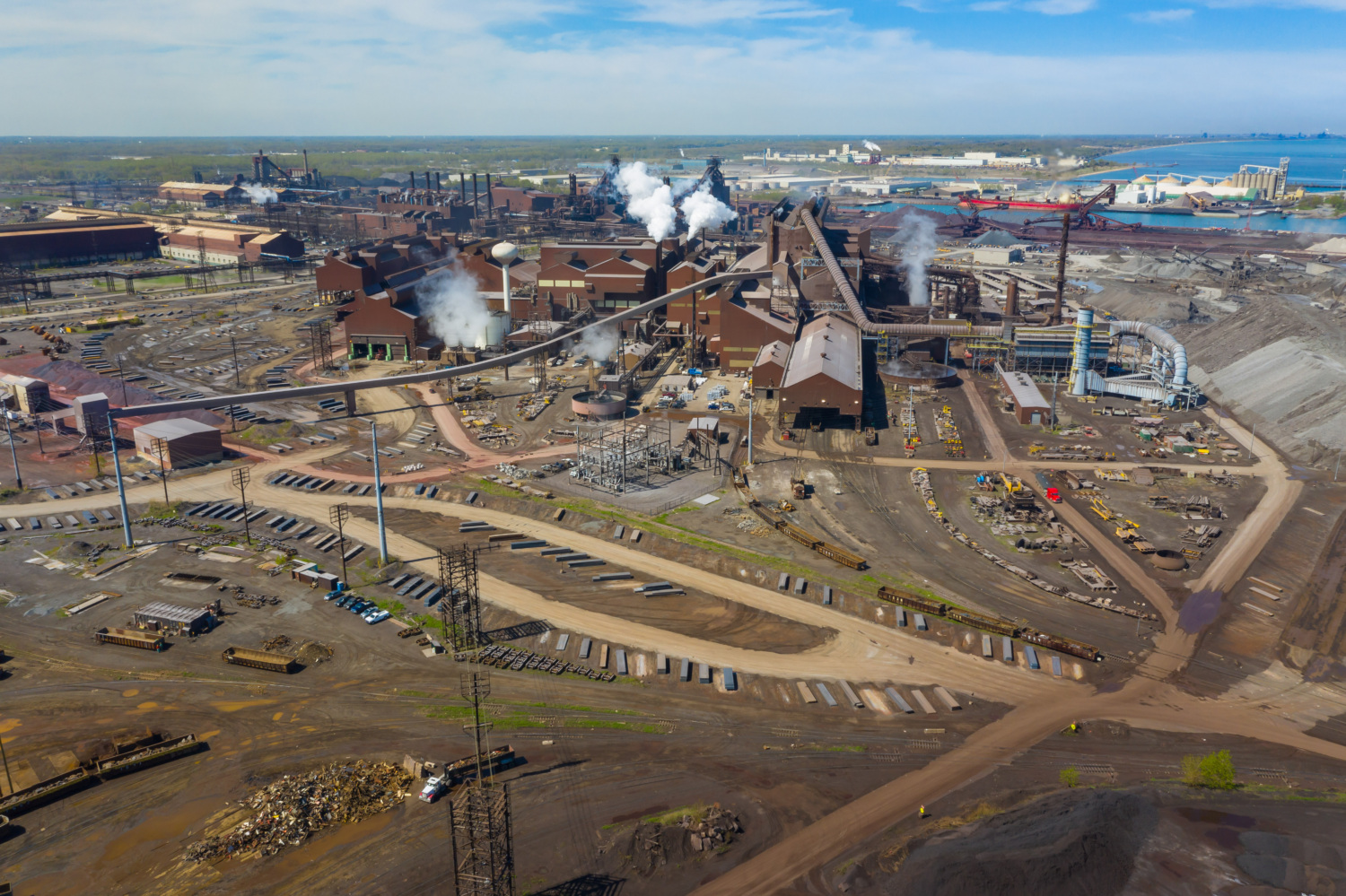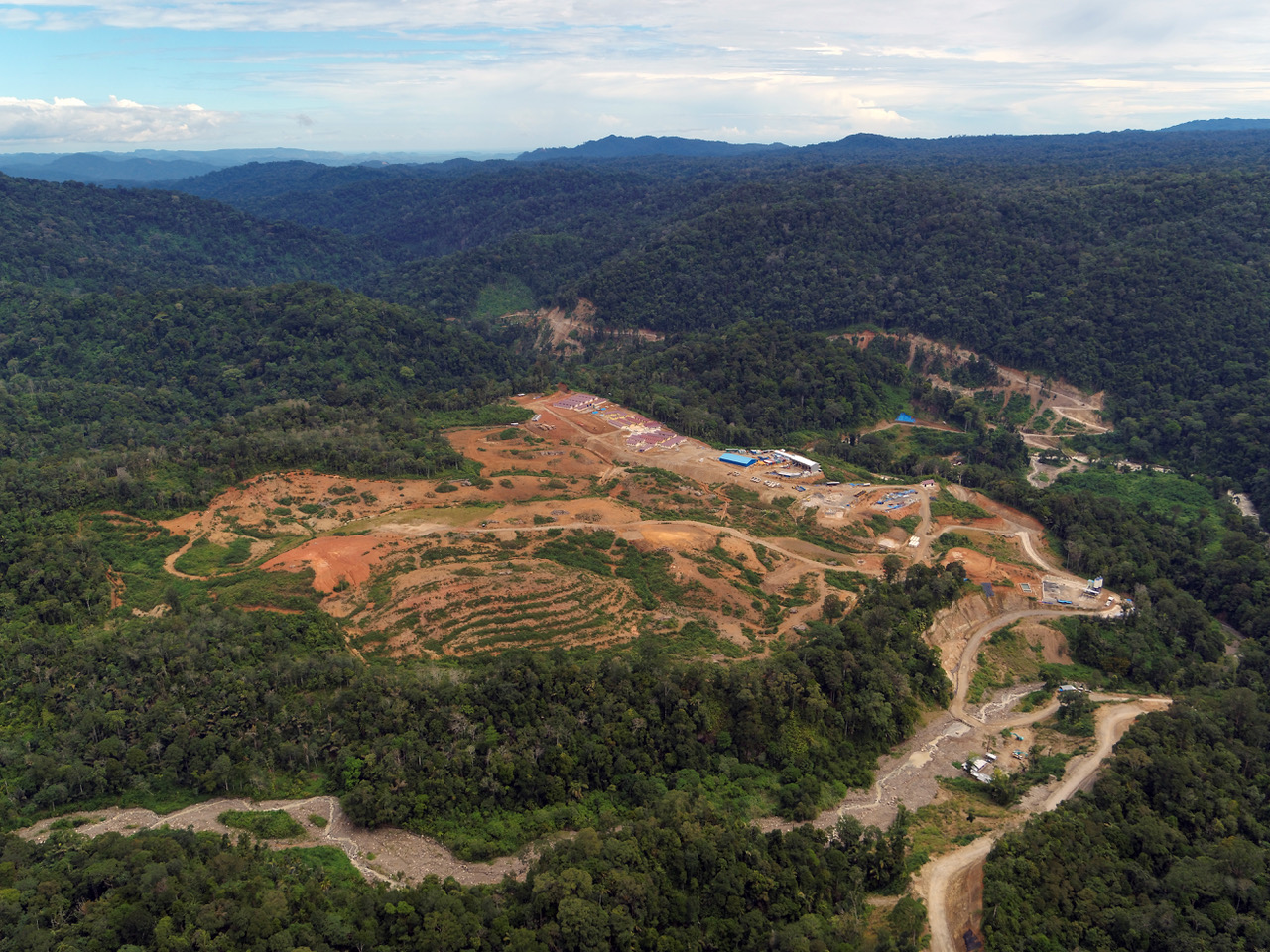
Supermarkets’ Meat and Dairy Still Linked to Banned Deforestation in Brazil
Read the full report:
English
Français
Español
Deutsch
Português
Press Release
Contact: Miles Grant, [email protected], + 1 703-864-9599 (m)
July 11, 2022 – Major supermarket chains Tesco, Carrefour, Aldi, M&S, Lidl and Sainsbury’s risk selling meat and dairy products connected to companies driving vast deforestation in Brazil just months after its own industry task force released a Roadmap that called unequivocally on member companies to cease such purchases.
In response to the October 2021 announcement on banning purchases linked to deforestation by the Retail Soy Group (representing supermarkets Ahold Delhaize, Aldi South, Aldi North, Co-op (UK), Co-op Switzerland, Lidl, Marks & Spencer, Migros, Morrisons, Sainsbury’s, Tesco, and Waitrose & Partners, and Woolworth’s Group- Australia), Mighty Earth undertook an intensive analysis of the companies’ adherence to the key steps and commitments outlined in their own zero-deforestation Roadmap. The intent of the analysis was to provide the supermarkets with the information they needed to adhere to their own company commitments to act on climate change and end the destruction of native ecosystems.
Mighty Earth’s new report “Promises, Promises” found over 27,000 hectares of recent deforestation on soy plantations in just one critical ecosystem – the Brazilian Cerrado – subject to the ban on purchases. Critically, the deforestation occurred after August 2020, the cut-off date adopted in the supermarkets’ Roadmap. Nine members of the Retail Soy Group – Ahold Delhaize, Aldi, Asda, Co-op, Lidl, M&S, Migros, Sainsbury’s, Tesco, Waitrose and Woolworths – and other retailers such as Carrefour explicitly adopted policies not to buy soy, meat or dairy linked to companies connected to post-2020 deforestation.
However, while the supermarkets accepted Mighty Earth’s alarming new evidence, to date they have all refused to adhere to their own commitments by shifting business away from those meat industry companies linked to deforestation.
In its explanation of its reasoning for declining to act on the Roadmap that it had authored as part of the responsible working group, a spokesperson for Aldi Süd wrote to Mighty Earth to say that despite the new evidence, “Our approach is to communicate the aligned ask and expectations of many actors in the supply chain to the [soy] traders and engage with them on a basis of trust instead of excluding them or publicly shaming them.”
“Aldi claiming to trust the very companies that were just exposed breaking their own Roadmap pledges is the height of either dishonesty or naivete or both,” said Alex Wijeratna, Senior Director for Mighty Earth. “Enough with the weasel words. We’re talking about ecocide here.”
“The ecosystem destruction we found in the Cerrado connected to the supermarkets is just a fraction of what they’re responsible for,” said Wijeratna. “We know these supermarkets also have supply chain links to extensive ecosystem destruction in Bolivia, Argentina, Paraguay, and the United States’ Great Plains as well.
Brazil’s Cerrado is the world’s most biodiverse savannah and wooded grassland and is the global hotspot for meat-driven deforestation. Animal agriculture is the world’s largest driver of deforestation, wildlife extinction, and displacement of Indigenous peoples – and causes more climate pollution than all the cars, trucks, ships, and planes in the world combined.
“The Cerrado is the new Amazon in terms of rampant deforestation linked to the meat industry. Supermarkets like Tesco, Carrefour, Adli and Lidl should adhere to their own Roadmap and drop known forest destroyers immediately,” Wijeratna said.
Mighty Earth’s report “Promises, Promises” found five major animal feed traders Bunge, Cargill, COFCO, LDC and ALZ Grãos continued to buy soy from local Brazilian suppliers and mega conglomerates who had cleared and deforested at least 27,000 hectares on ten farms in the Cerrado since after August 2020 cut-off. This is an area larger than the city of Edinburgh in Scotland, or half the size of Chicago.
Based on satellite imagery analysis, other key findings from Mighty Earth’s report include:
- Each of the five major soy traders has commercial relationships either directly with the farms engaged in deforestation, or with the parent groups (including mega-conglomerates such as BrasilAgro, SLC Agrícola and Condomínio Agrícola Estrondo).
- The scale of the destruction is vast. The most severe case of deforestation identified occurred within Condomínio Agrícola Estrondo in Bahía; research found more than 15,000 hectares were cleared after the 2020 cut-off date. Of this, more than 100 hectares were likely illegal, in what should have been the farm’s protected Legal Reserve.
- Many other cases were significant as well. BrasilAgro’s Fazenda Serra Grande in Piauí cleared more than 1,180 hectares of vegetation – equivalent to 1,652 football fields – in a single month. SLC Agrícola farm Fazenda Parnaíba in Maranhão cleared 668 hectares –equivalent to 935 football fields – of vegetation in six months.
- Ongoing deforestation was also found on farms owned by suppliers featured in Mighty Earth’s previously published Rapid Response deforestation monitoring reports; including SLC Agrícola, Estreito Agropecuária, Grupo Mizote and Grupo Tomazini. Major soy traders Bunge, Cargill, COFCO, LDC and ALZ Grãos continue to buy from one or more of these local suppliers, although Mighty Earth publicly raised the alarm about deforestation on their farms more than a year ago.
“We were excited when the supermarkets finally moved beyond ineffectually asking the meat industry to stop deforestation, and finally promised to do something about it. But even in the face of clear evidence of vast bulldozing of these ecosystems, they seem paralyzed as Brazil burns. Given their meat’s links to vast deforestation, customers should be totally appalled by what they’re selling,” Wijeratna said. “It’s time for the supermarkets to actually do something – other than greenwashing their meat.”
The Retail Soy Group Roadmap was very clear about what action its customers should take: “This roadmap presents the principles and practices that are urgently needed within the retail sector to play their part in halting deforestation and conversion thereby addressing the global climate crisis and preserving the Earth’s vital ecosystems, such as the Amazon, the Great Plains, and the Cerrado,” said the accompanying press release.
About Mighty Earth
Mighty Earth (www.mightyearth.org) is a global advocacy organization working to defend a living planet. Our goal is to protect half of Earth for Nature and secure a climate that allows life to flourish. We are obsessed with impact and aspire to be the most effective environmental advocacy organization in the world. Our team has achieved transformative change by persuading leading industries to dramatically reduce deforestation and climate pollution throughout their global supply chains in palm oil, rubber, cocoa, and animal feed, while improving livelihoods for Indigenous and local communities across the tropics, and mobilizing billions of dollars for clean energy.
Contact: Miles Grant, [email protected], + 1 703-864-9599 (m)


